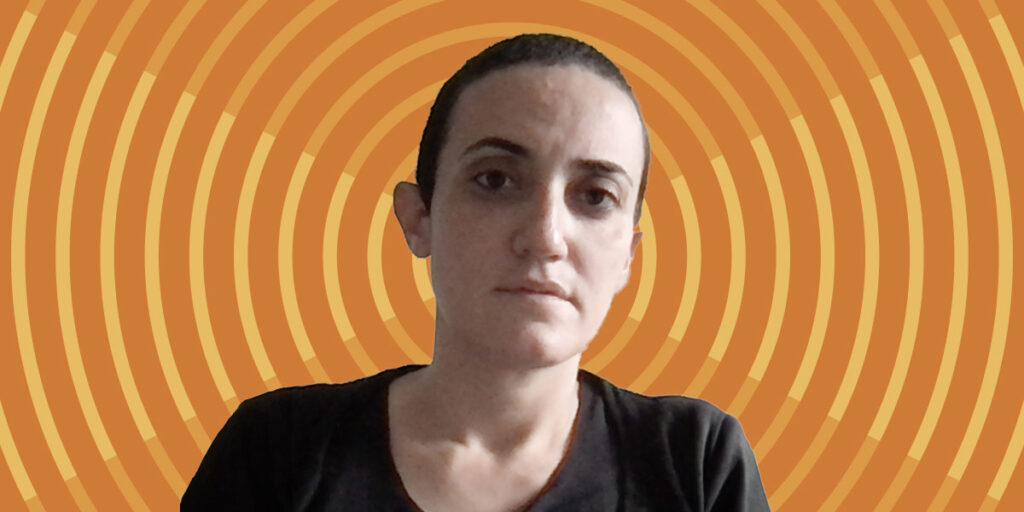In a recent interview, the prominent Egyptian journalist Lina Attalah, co-founder and editor-in-chief of Mada Masr, has engaged in a deep reflection on freedom of expression in environments marked by censorship and repression. For Attalah, this concept entails the ability to think and express oneself without fear, without the constant worry of the repercussions of every word spoken. In a context where freedom of expression has been systematically attacked, she is motivated to unearth forgotten stories and shed light on what has remained hidden from the public.
During her visit to Syria, Attalah was able to observe a significant transformation in the atmosphere of freedom of expression. After years of repression, the decrease in fear has brought about a palpable sense of relief among the Syrian population, although the future remains uncertain. This change has opened up a new space for people to express themselves more freely, contrasting starkly with the oppression they have endured for so long.
Addressing the situation in Egypt, Attalah highlighted the concerning regression in terms of freedom of expression since the 2011 revolution. Under the administration of President Abdel Fattah el-Sisi, the media has been transformed into true instruments of state propaganda, and any expression of dissent can result in harsh repercussions. The limited opportunities to express divergent opinions have been significantly reduced, leading numerous professionals to face imprisonment or exile.
The journalist also analyzed the role of technology companies in controlling online information. Following the banning of Mada Masr’s website in 2017, the editorial team was forced to adapt to new platforms, such as Facebook, to continue disseminating their content. However, this strategy comes with its own challenges due to algorithms that restrict the visibility of the work of independent media.
One of the most sensitive issues she addressed was the situation of Alaa Abd El-Fattah, a prominent Egyptian political prisoner. Attalah expressed her hope for Alaa to be released by 2025 and emphasized that his imprisonment—motivated by his fight for freedom of expression—has turned him into a symbol of resistance for the dignity and rights of citizens. According to Attalah, Alaa’s absence has amplified his voice, representing a call to action for many.
Finally, Attalah sent a direct message to the government of the United Kingdom, urging them to demand the immediate release of Alaa without postponements or diplomatic considerations that could jeopardize his life and that of his mother, who is currently on a hunger strike. The journalist concluded her intervention by highlighting that Alaa is her hero of freedom of expression, an icon of courage and resistance that inspires the struggle for a future where dignity and freedom of thought are fundamental guarantees.
Referrer: MiMub in Spanish
